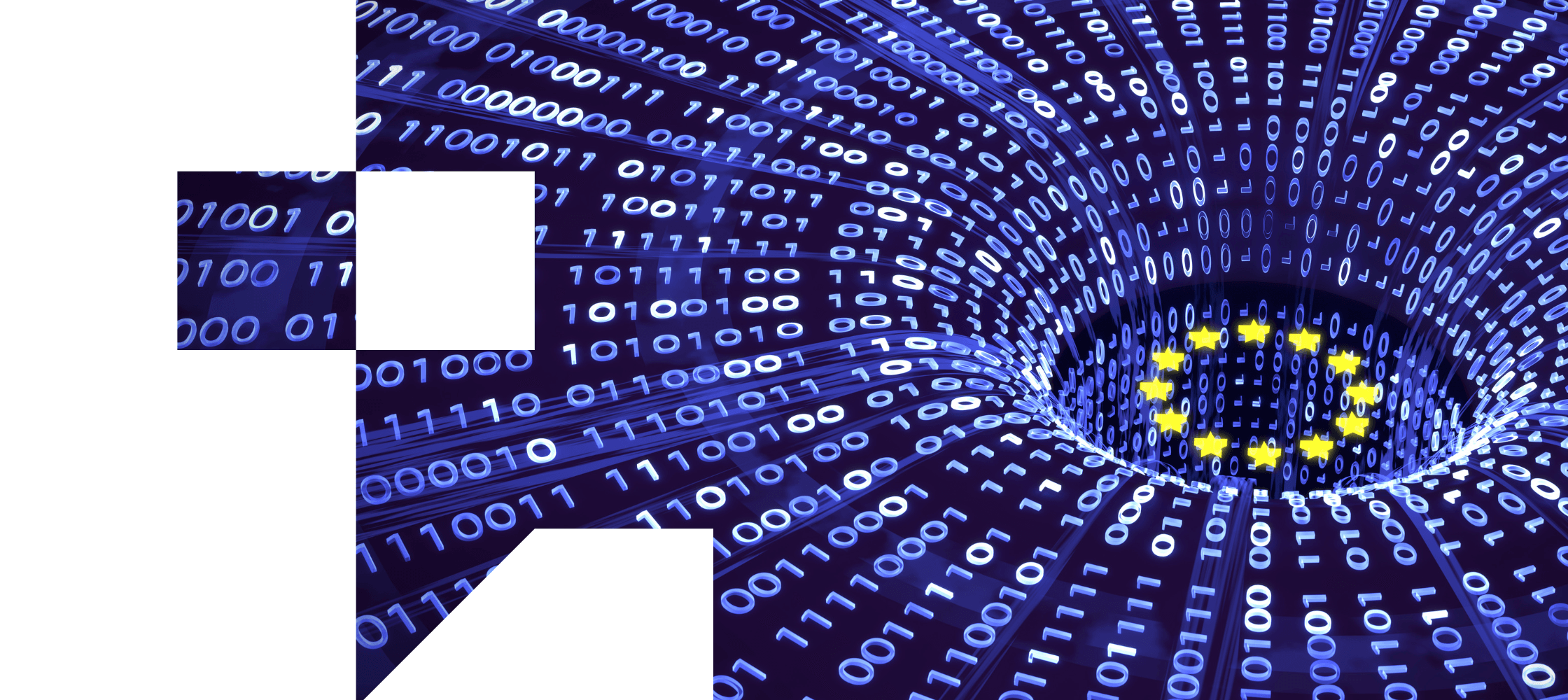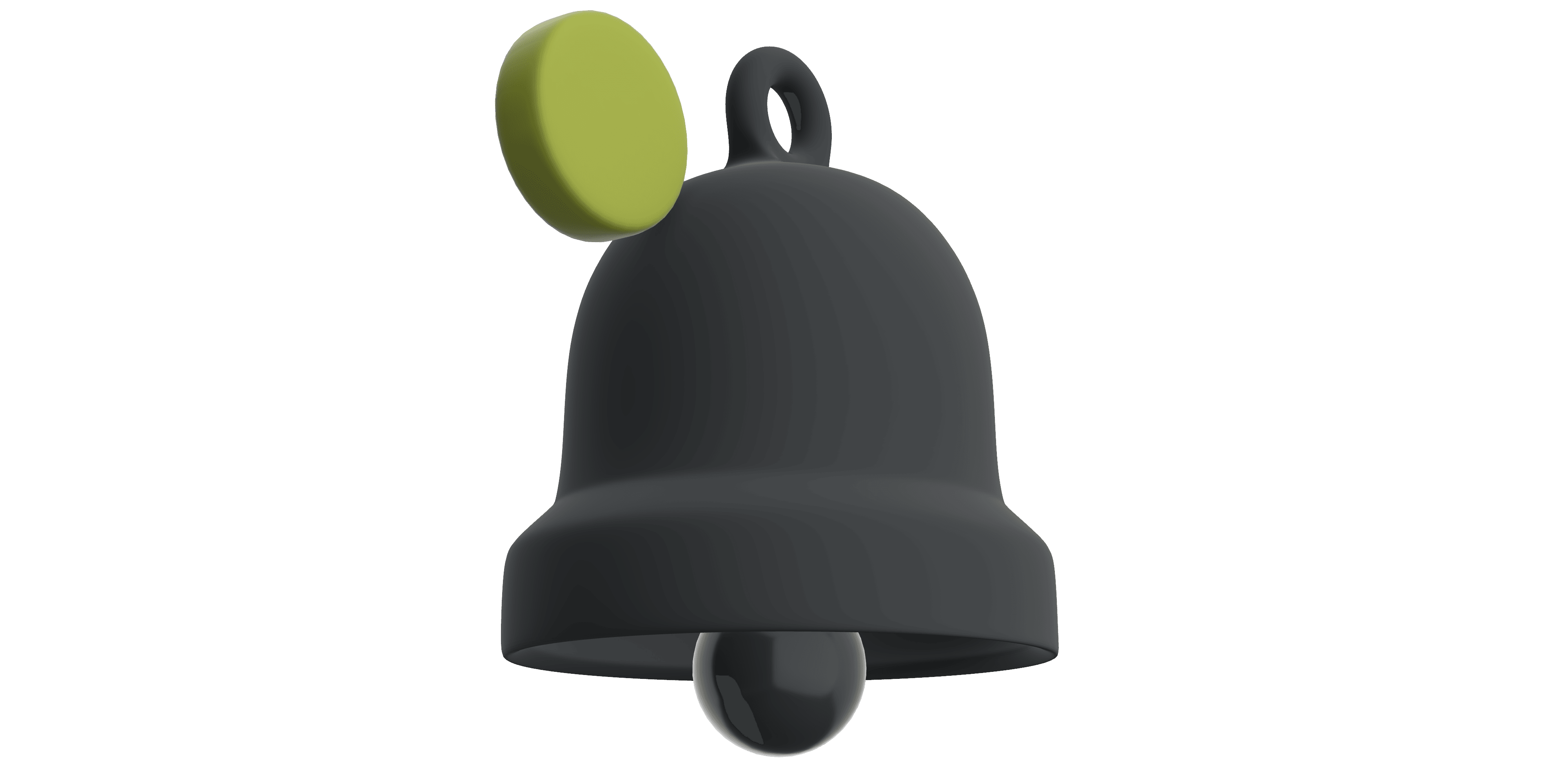
EU cracks down on risky AI with new regulations
09/04/2024

The law will be implemented gradually, with a full rollout by mid-2026. This is a significant step for AI regulation worldwide.
The EU's AI Act: A Brave New World of Regulations
The European Union (EU) has taken a historic step towards regulating Artificial Intelligence (AI) with the passing of the AI Act. This groundbreaking legislation is the first of its kind in the world, setting a precedent for how governments approach this powerful technology.
The Heart of the Act: Risk-Based Regulation
The AI Act categorizes AI systems based on their risk level. This approach ensures that high-risk applications, like medical devices or autonomous weapons, face stricter regulations compared to low-risk ones, such as spam filters.
- High-Risk AI
These systems require rigorous oversight, including data quality assessments, clear user information, and robust risk mitigation strategies. - Limited-Risk AI
Transparency is key for this category. Users must be aware they're interacting with AI, and AI-generated content needs clear labeling. - Prohibited Practices
Certain uses of AI, like social scoring and emotion recognition in workplaces, are entirely banned due to ethical concerns.
Fines and Deadlines
Companies face hefty fines (up to €35 million or 7% of global revenue) for non-compliance. The Act is expected to be fully enforceable by mid-2026, with a staged rollout for different provisions.
Impact on Businesses
The AI Act presents both challenges and opportunities for businesses. While stricter regulations may slow down innovation in some areas, it also creates a level playing field and fosters trust with consumers. Companies should start preparing by:
- Assessing their AI portfolio
Identify high-risk systems and begin compliance efforts. - Investing in explainability and transparency
Ensure users understand how AI is being used. - Prioritizing ethical AI development
Focus on responsible uses of AI that benefit society.

Global Implications
The EU's AI Act is likely to influence regulations worldwide. Other countries are closely watching this development and may adopt similar frameworks. This could lead to a more standardized approach to AI governance.
The Future of AI
The EU's AI Act marks a significant step towards responsible AI development. It balances innovation with ethical considerations, paving the way for a future where AI benefits humanity. Businesses that embrace these regulations and prioritize responsible AI practices will be well-positioned to thrive in this new era.



